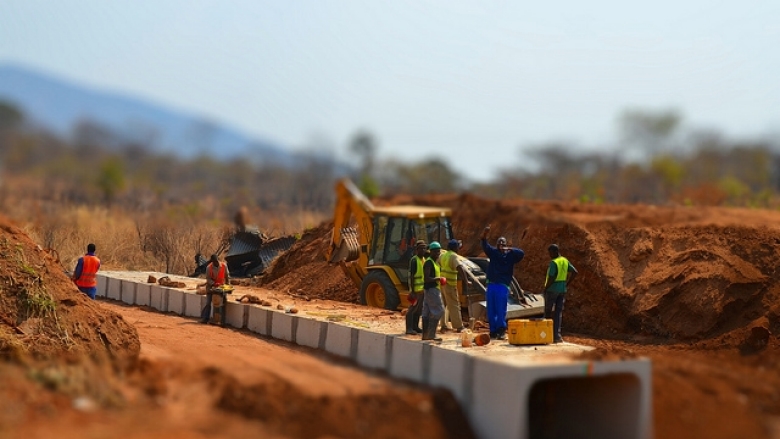The Let’s Work Partnership recently met with government officials, donors, the private sector, and other key stakeholders in Zambia to share the preliminary findings of the Zambia Jobs Diagnostic and to launch the Let’s Work’s Zambia Value Chain Analysis in the agriculture and construction sectors. Both products will be used to support the design of a forthcoming World Bank project aimed at creating economic diversification for more, better, and inclusive jobs in Zambia. The project will include a focus on agribusiness/agro-processing opportunities. The analytical work provided by the Let’s Work Partnership will seek to ensure that interventions aimed at diversifying Zambia’s economy are selected based upon their impact on jobs.
Zambia is a country with a rapidly growing workforce, which enjoyed unprecedented economic growth from 2000 to 2013 without making much of a dent in its poverty headcount. In fact, the proportion of people below the $1.90 per day PPP in 2011 rose from 60.5 percent in 2006 to 64.4 percent in 2010, despite annualized average real economic growth at 8.7 percent that would have ranked Zambia 11th out of 195 countries in the World Bank’s World Development Indicators (WDI) database.
Now the economy faces headwinds in a year that politicians face the polls. A drought has led to hydro power shortages and is expected to affect this and next year’s food crops. The dominant copper sector, privatized in the late 1990s, which propelled exports, investment, and service driven growth in Zambia for a decade, is facing lower international prices as demand from China declines. For the first time in 20 years, Zambians are starting to talk about economic diversification again.

